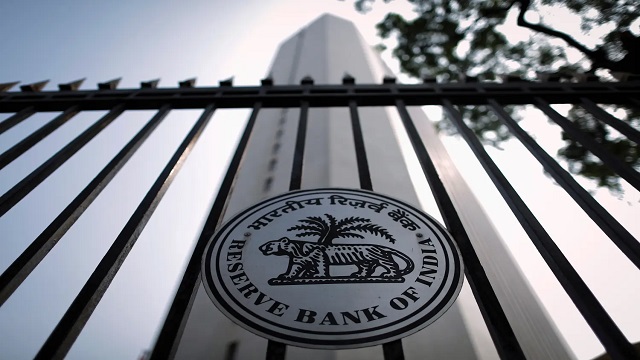Tariff Shock Signals 25bps Rate Cut, RBI Likely to Adopt ‘Accommodative’ Stance: Report
A recent report suggests that a “tariff shock” could lead the Reserve Bank of India (RBI) to reduce interest rates by 25 basis points (bps). This move may signal a shift towards a more “accommodative” stance by the RBI in its monetary policy. Let’s break down what this means and how it could impact the economy.
What is a Tariff Shock?
A tariff shock refers to sudden, unexpected changes in trade tariffs that can affect the economy. In this case, the report highlights that tariff changes, particularly those that impact imports and exports, are putting pressure on the economy. These changes could lead to higher costs for businesses, which may reduce consumer spending and economic growth. In response, the RBI might step in to ease these pressures by lowering interest rates.
How Could the RBI Respond?
The RBI has a critical role in managing inflation and supporting economic growth. To stimulate growth in times of economic slowdown, the central bank may lower interest rates. A 25bps (0.25%) rate cut would make borrowing cheaper for businesses and consumers. This could encourage spending and investment, helping the economy recover from any shocks caused by changes in tariffs or other factors.
What Does an ‘Accommodative’ Stance Mean?
An accommodative monetary policy is one where the central bank aims to support economic growth by making credit more accessible. By lowering interest rates and using other tools, the RBI would create a more favorable environment for borrowing and investing. In an accommodative policy, the RBI aims to stimulate demand in the economy, which could counterbalance the negative effects of higher tariffs.
The Impact on the Economy
A 25bps rate cut and a shift towards an accommodative stance could have several effects. First, lower interest rates may help businesses by reducing their borrowing costs. This could encourage companies to invest in new projects, hire more workers, and expand production. Second, consumers could also benefit from cheaper loans, making it easier for them to buy homes, cars, or other goods. Overall, these changes could help boost the economy and keep it on track despite the challenges posed by tariff changes.
In conclusion, if the RBI adopts a more accommodative stance and cuts rates by 25bps, it could support economic growth during challenging times. This approach could help businesses, consumers, and the overall economy adjust to tariff shocks and other pressures.

